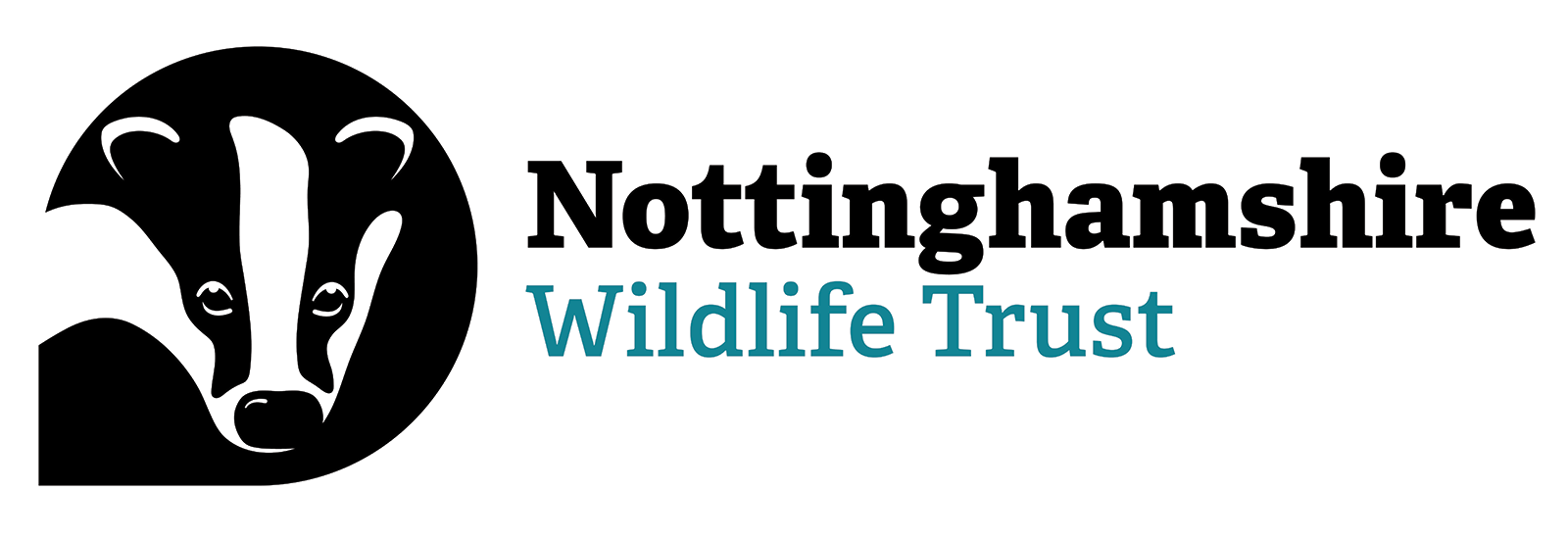Wetlands are vital for our planet, people and wildlife
Nottinghamshire’s wetlands are incredible habitats, teeming with life, providing a home to some of our county’s most iconic and threatened wildlife. They offer vital refuge for wintering wildfowl and scarce breeding birds, give harvest mice the opportunity to nest in reedbeds, and oystercatchers the chance to feed on wetland shores.
Wetlands act as a carbon sink and a natural flood defence to support a healthy planet. Rich in biodiversity they are incredible places for people to explore and connect with nature for the benefit for their health and wellbeing.
Yet these astonishing habitats are at risk.
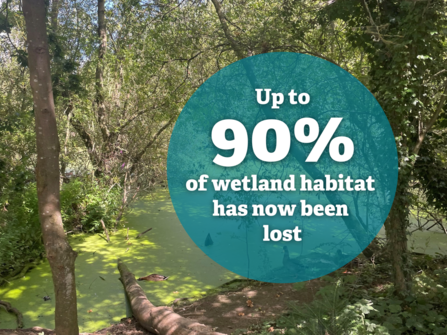
Wetlands are vital to helping put our county's wildlife on the road to recovery.
Our team of staff and volunteers are taking urgent action to restore and enhance precious wetland habitat across Nottinghamshire, so the wildlife dependent on it can thrive and our communities can enjoy them for years to come.
Managing our Wetland reserves is no small feat. Alongside work to maintain water levels, we have the challenge of controlling the encroachment of trees and scrub in areas of reedbed and wet grassland. Without this management, we risk our wetlands drying out!
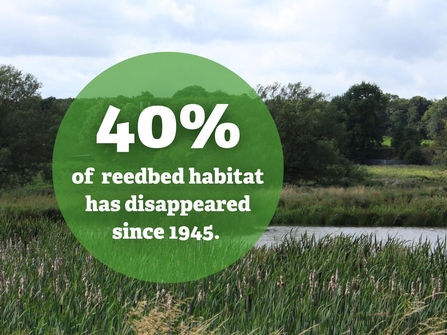
Photo © Sarah Bowler
We need more space for nature. To put nature into recovery, at least 30% of our land and water needs to be made wilder.
"With your help, we can turn the tide on wetland habitat loss and take the lead on putting the county’s wild places into recovery." - Paul Wilkinson, CEO, Nottinghamshire Wildlife Trust
Support our work

Donate £25
£25 could help with the purchase of tools and equipment to clear scrub from islands and water edges, allowing oystercatchers and other wetland wildlife to nest.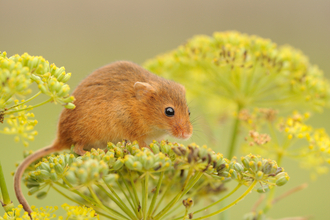
Donate £50
£50 could help to maintain our wetland reserve footpaths, hides and centres keeping them accessible for people to explore and enjoy.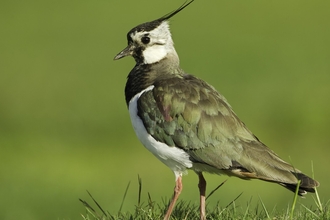
Donate £500
£500 could support our skilled team of staff and volunteers deliver large scale restoration of wetland habitat across Nottinghamshire, for the benefit of birds like lapwing and redshank.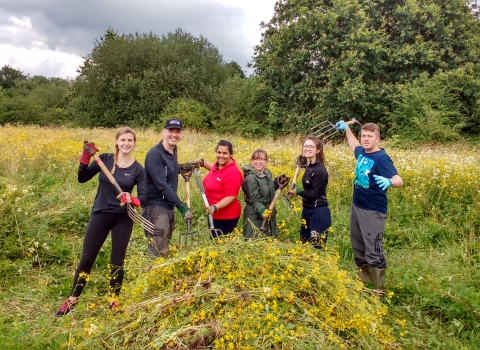
Volunteering
Volunteers are the lifeblood of our Wetland work! If you'd like improve on your own skills while making a hands-on, practical difference for nature, volunteering is the perfect opportunity for you!
“Wetlands are scarce and precious places in Nottinghamshire. Over 60 years ago, our Trust was set up by local people to safeguard the iconic and much-loved Attenborough Nature Reserve. Saving wetlands is part of our DNA.”Nottinghamshire Wildlife Trust
Find out more
Our Wetland Nature Reserves
We now care for many of our county’s most important wetlands which provide a home to some of our county’s most iconic and threatened wildlife – giving vital refuge to wintering wildfowl, providing opportunities for harvest mice to nest in reed beds and enabling oystercatchers the chance to feed on wetland shores.
Our wetland reserves cover over 700 hectares, more than 50% of our estate, and include our flagship Attenborough and Idle Valley nature reserves which together welcome over half a million visitors a year.
Attenborough Nature Reserve © Sophie Bell
Attenborough Nature Reserve alongside the River Trent near south of Nottingham was established in 1966 and opened by Sir David Attenborough. This much-loved site is best known for its birds and is home to important populations of winter wildfowl.
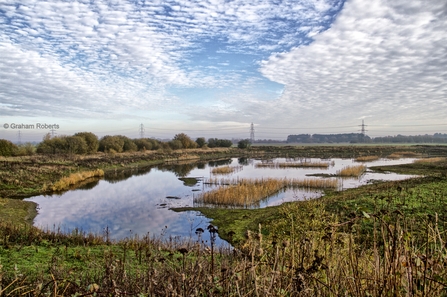
Besthorpe Nature Reserve © Graham Roberts
Besthorpe Nature Reserve on the banks of the Trent north of Newark, is a haven for wildlife thanks to its mix of open water with islands and reedbeds plus areas of traditional Trent Valley wildflower meadows.
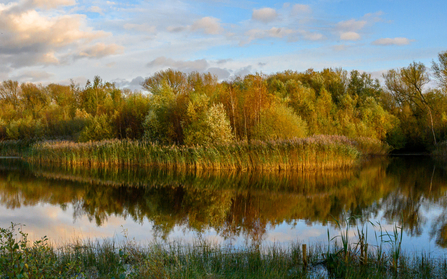
Idle Valley Nature Reserve © Jim Connolly Photography
Idle Valley Nature Reserve near Retford in North Nottinghamshire is our largest site covering more than 375ha. It network of lakes, wetland, grassland and scrub is home to a diverse range of wildlife and is recognised as one of the richest birding sites in the region.
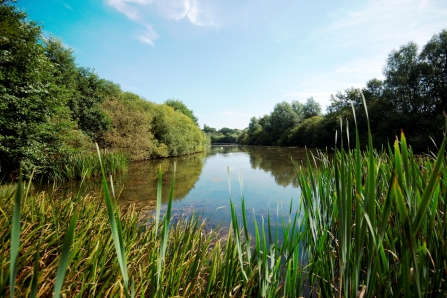
Skylarks Nature Reserve © Peter Gill
Skylarks Nature Reserve, south of the City at Holme Pierrepont, provides a haven for wildlife and for the 100,000 people living within 10 minutes of this beautiful wetland site. A range of wetland birds can be seen on the reserve, such as great crested grebe, kingfisher and reed bunting plus many species of dragonfly and butterfly.
Why do we need help?
With 40% of the wild species reliant on wetlands in some way and 90% of UK wetlands lost in the past 100 years, we urgently need to halt the decline, restore remaining areas and create new wetland habitats. With your support we can rise to the challenge of protecting and enhancing wetland habitats across our spectacular nature reserves and the wider Nottinghamshire landscape.
As well as providing vital habitat for threatened species, wetlands help to lock away damaging carbon and help to prevent and mitigate flooding – vital services as we seek to tackle the climate crisis.
Rising to the challenge
Our wetland reserves cover over 700 hectares, more than 50% of our estate: managing sites on this scale is no small feat. Alongside work to maintain water levels, we must control encroachment of trees and scrub in areas of reedbed and wet grassland. Without management, our wetlands are at risk of drying out leading to the loss of feeding and nesting areas for rare wetland birds such as lapwing and redshank.
Tackling scrub requires a multi-pronged approach; nature focussed grazing; use of hand tools by staff and volunteers; and occasional large-scale works by specialist contractors.
Our Wetlands Successes
In 2023 we raised over £45,000 for our Wetlands.
At Idle Valley Nature Reserve our incredible beaver families are helping tackle scrub 24/7 in areas where machinery, volunteers or even our hardy Longhorn cattle can’t reach – helping create habitat for a wide range of wetland species from dragonflies to amphibians.
At Attenborough Nature Reserve we are creating large areas of new reedbed – one of the county’s priority habitats for protection and restoration – vital to our ambitions to see breeding bittern return.
At Skylarks Nature Reserve a range of habitats including reedbed and wet grassland are thriving as a result of expanding the reserve a decade ago. Over 200 hundred species of bird have been recorded at the site including good numbers of lapwing – a species which has suffered significant declines across the UK.
At Besthorpe Nature Reserve two pairs of avocet bred in 2023, rearing four chicks. Success for a species that was became extinct in the UK in the 1840 due to loss of habitat and was absent as a breeding bird for over 100 years highlights the importance of conserving and creating high quality wetlands.
Tackling the Climate Crisis
As we deal with the consequences of climate change such as flooding and rising temperatures, caring for our wetland sites is constant, ever-changing and unpredictable. We must continue to meet these challenges to ensure these mosaics of diverse habitats can thrive.
Why wetlands are vital:
Biodiversity - 40% of the worlds plants and animals depend on wetlands.
Flood damage - They act like a sponge reducing the risk of flooding downstream.
Cleaner water - They reduce nutrient contamination and other pollutants from the water.
Climate change - They act as carbon sinks storing carbon for centuries and helping combat climate change.
Will you help save Nottinghamshire's Wilder Wetlands?
Norman Lewis MBE – 22/05/1930 – 30/10/2025 Obituary
The Trust is sad to report that Norman Lewis MBE, the Trust’s first ever employee and a pivotal figure in nature conservation in the…

Still time to view exhibition by young artist who’s been visiting much- loved Attenborough Nature Reserve all his life.
Visitors to Attenborough Nature Reserve have until the end of the month to view a range of fabulous work by local artist Jake Sexton who…

Positive signs that mink control is having an impact
The team behind an ambitious project set up to help control the numbers of non-native mink to help bring threatened water voles back…
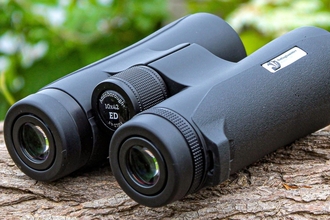
Local wildlife trust to host Optics Fair during nature centre anniversary
Trust Trading Team highlights the secret to bucking the online shopping trend as it gears up to host a special Optics Fair at popular…
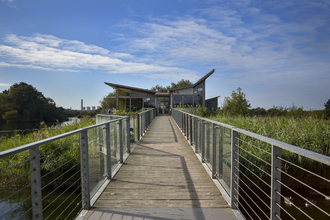
Wildlife Trust marks two decades since opening of iconic Attenborough Nature Centre
Nottinghamshire Wildlife Trust is celebrating 20 years since the opening of the Attenborough Nature Centre on Tuesday March 18th
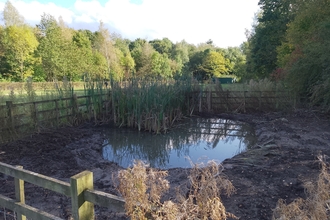
Habitat creation and restoration across a wilder Nottinghamshire
Nottinghamshire Wildlife Trust celebrates unprecedented levels of habitat creation and restoration across Nottinghamshire and highlights…

